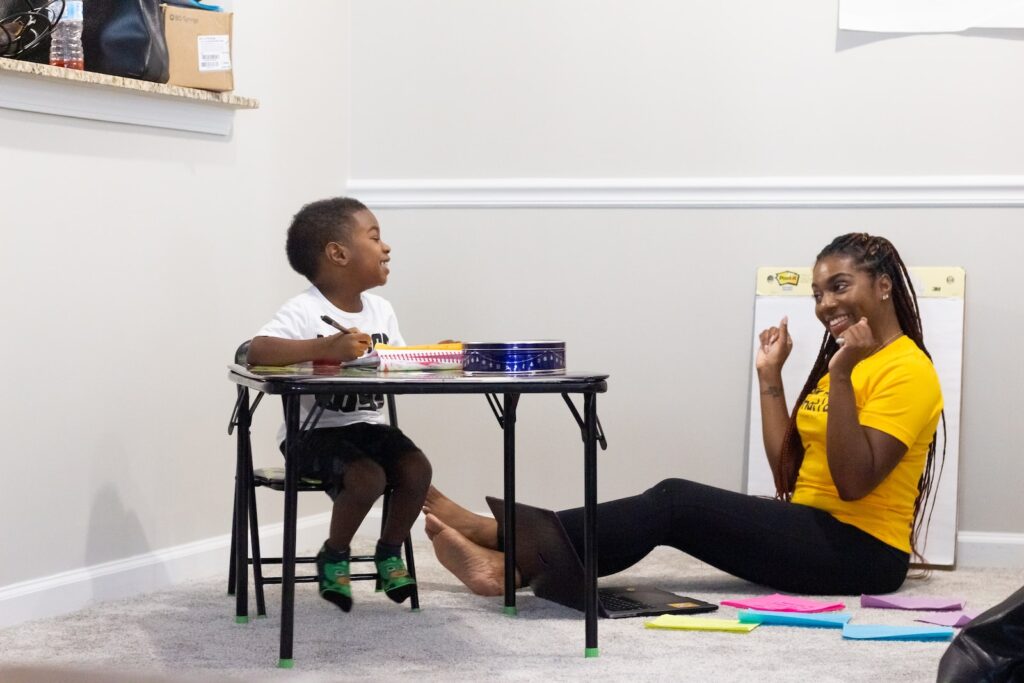Do you have a drama queen or king in your household? I do too. Experts say that a drama kid uses his or her emotions to manipulate others and get what they want. Drama queens are known within their surrounding to be fun, life loving and sociable, they are also emotional and attention seeking.
You might be blaming yourself and your parenting practices when dealing with the drama that your kid tends to use whenever they feel uncomfortable in certain situations or when things don’t work their way. Let’s check some tips that can help:
Stay calm:
Drama queens and kings usually turn every small argument into big issues. They like to make a scene and make you involved in it. To handle the situation, stay calm and never rise to their level. With time they will tend to be less exaggerating because now they know they can’t excite you and pull you in the argument.
Don’t blame her of being the drama queen
Drama queens do not love to be called such, they know what they are already but they don’t like other to point it out and call them out on their attitudes. Doing that to them reminds them of what personality they are and somehow encourages them to do more. Drama queens enjoy being dramatic and enjoy dragging unlimited attention to themselves. So don’t give them the chance they dream of.
Do no allow audience to gather
Avoid getting more people like siblings or family members and friends involved in the argument, drama queens like more audience to be there as witnesses and of course to get their attention. Try to limit the number of people discussing the issue and don’t allow others to intervene. Do it as on-on one discussion.
ALWAYS resolve the problem before the discussion is over
Never leave an argument unsettled with a drama queen, talk to your kid about possible solutions and try to finish the discussion with a solution. Failing to do so, will make them bring it up again in their future complains and drama scenes.
Practise Role Play
Try to do role play with your drama queen. You play the kid and bring up similar situations that usually your child tends to overreact to. This helps your child to practice finding solutions for themselves when they come across unpleasant situations.




